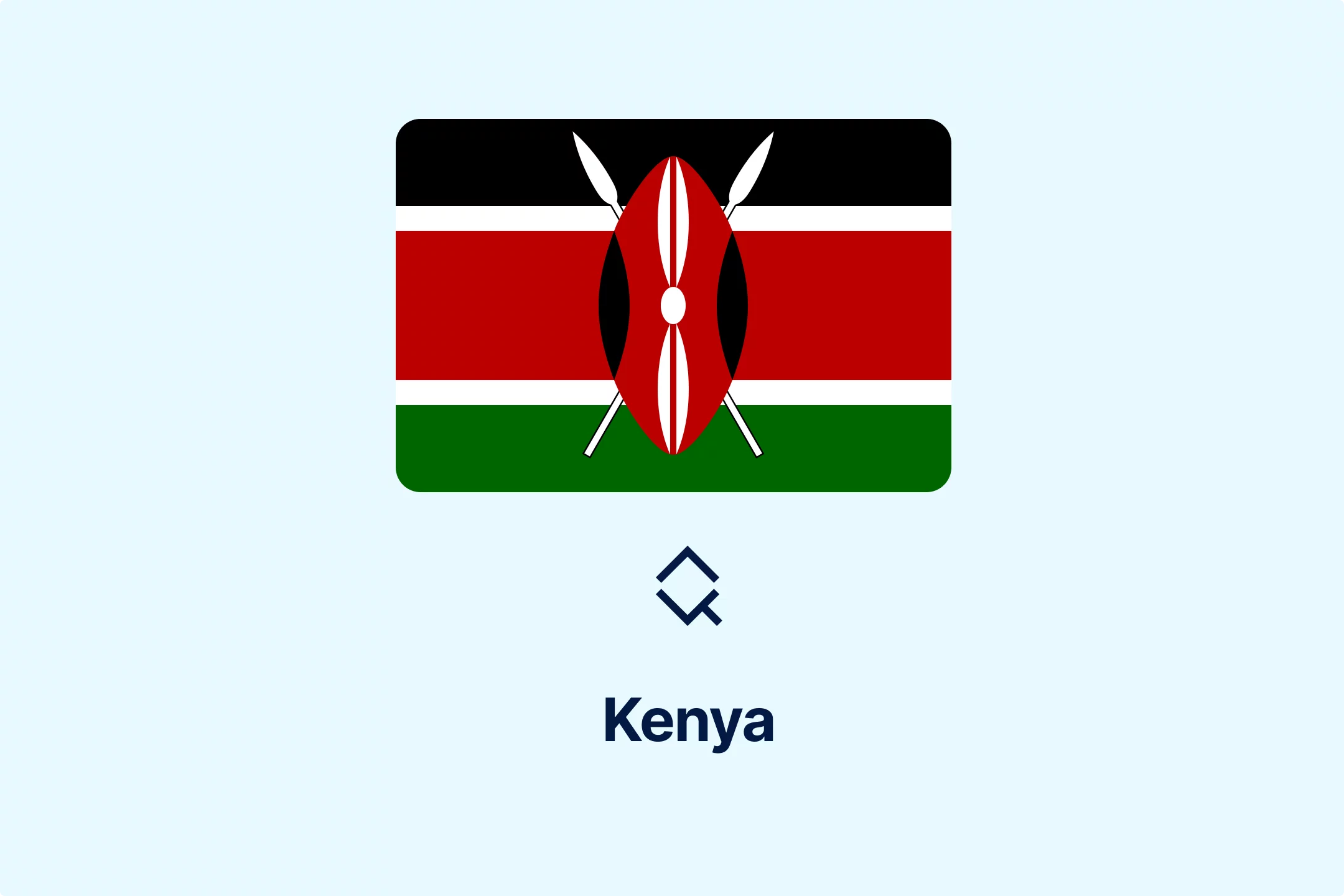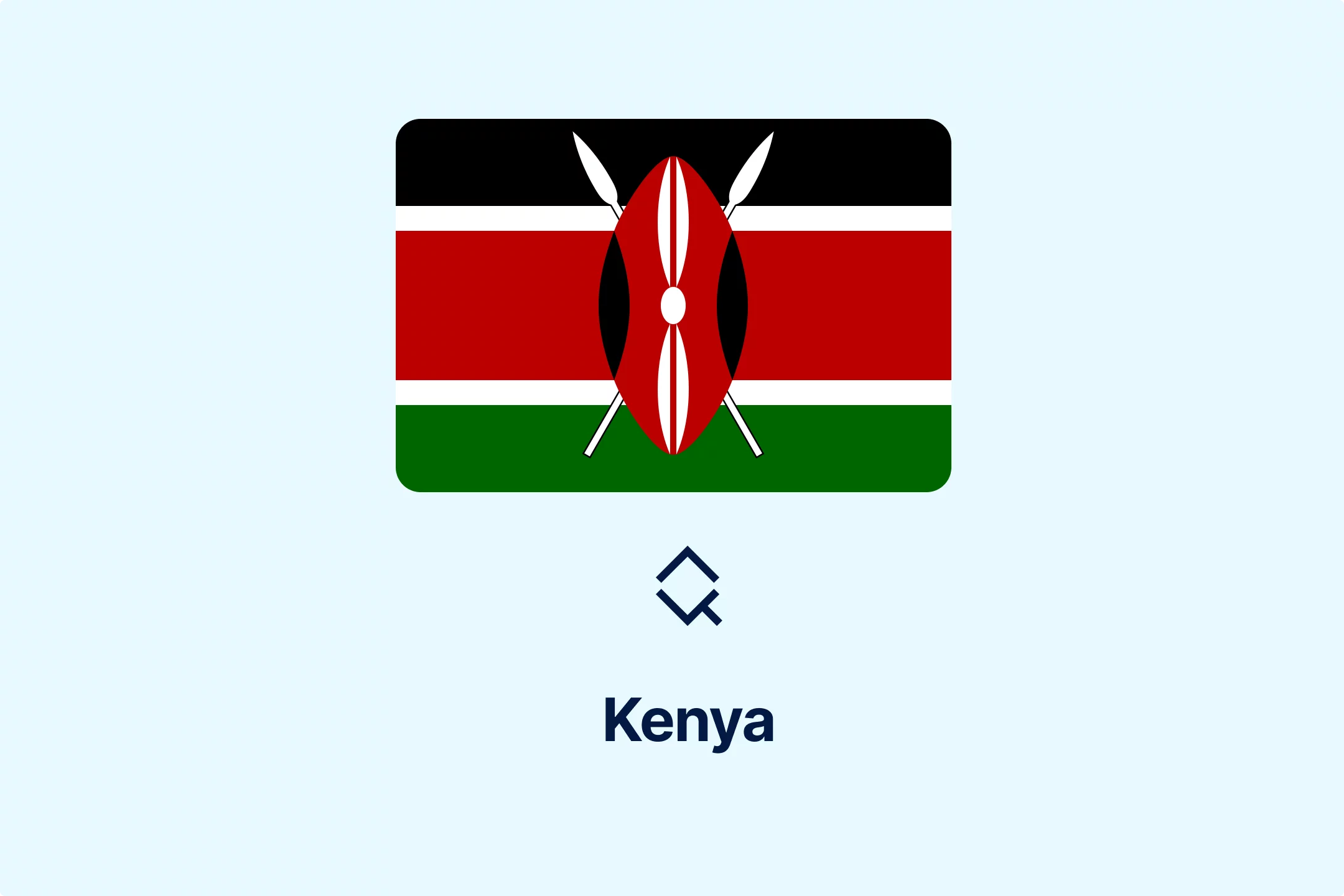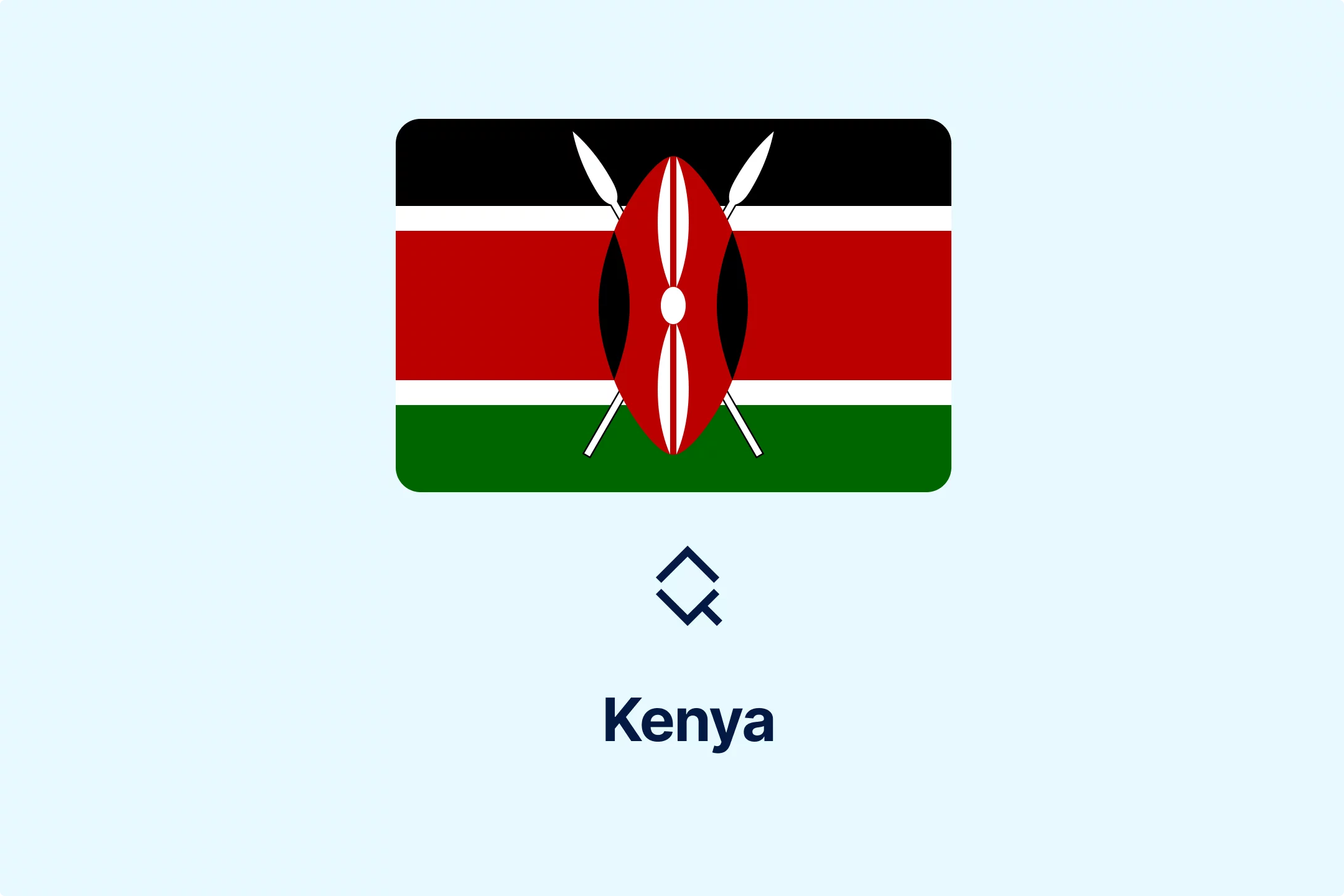Kenya’s Tax Laws Amendment Act: VAT Changes & DST Abolition Explained

The Tax Laws Amendments came into effect in December 2024, amending several laws, including the Income Tax Law, Value Added Tax (VAT) Law, Excise Duty Law, and various other tax laws. The amendments to the VAT laws include repealing the threshold set out under the input tax, delisting exempt goods, amending certain VAT exemptions, and introducing new VAT exemptions.
Impact of the Amendments
The amendments added a new paragraph to Section 17 of the VAT Law addressing the effects of the change in applicable rates. More specifically, it addresses situations where a supply was taxable at the standard rate of 16% before July 1, 2022, then subsequently enjoyed a reduced rate of 8% and eventually became zero-rated or exempted, leading to excess VAT credits. Under the amended rules, businesses can apply to the Commissioner for relief within six months of the commencement of the provision.
Amendments to the VAT Law included the deletion of specific provisions marking the removal of threshold that previously allowed a full input tax deduction for businesses making more than 90% taxable supplies. Under the newly established rule, input VAT can only be claimed following the principle of proportionality, meaning that input VAT can be claimed proportionately to the business's taxable supplies.
VAT exemption was broadened to include the National Intelligence Service and the Defence Forces Welfare Services. This decision should harmonize the VAT treatment of all goods supplied for official use by security agencies.
One of the most significant changes is eliminating the 1.5% Digital Service Tax (DST) and replacing it with the 3% Significant Economic Presence (SEP) tax. Although the SEP does not apply to non-residents whose annual turnover is below KES 5 million, the Act regulating SEP does not foresee a substantial economic presence emerging from the user base, making the SEP tax closely resemble the DST.
Conclusion
Resident and non-resident taxable persons should closely examine how new rules and regulations affect their businesses and VAT responsibilities. Moreover, non-resident taxpayers should familiarize themselves with the SEP tax legislation and determine whether they are subject to it.
Source: PwC

More News from Kenya
Get real-time updates and developments from around the world, keeping you informed and prepared.
-e9lcpxl5nq.webp)










-1lfl8tbv0h.webp)




.png)
